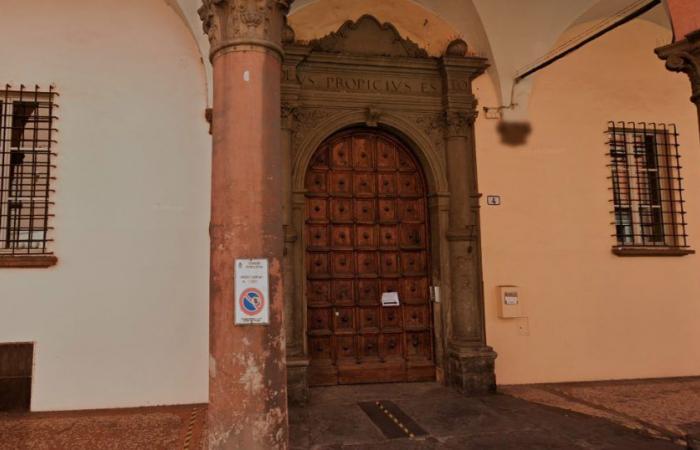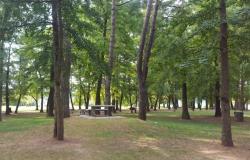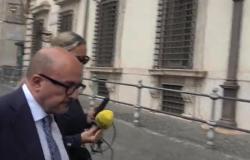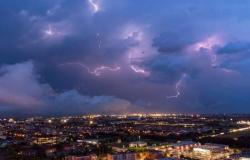A year ago (9 June) marked the centenary of the birth of Blessed Marzullowho passed away in 2016. A distinguished Greek scholar, a scholar of Homer, lyric poetry and classical comedy, among other things, Marzullo has above all the merit of having “invented” the Damsthe degree course in arts, music and entertainment disciplines, born in Bologna in 1970.
This is one of the major innovations in Italian universities from the post-war period to today, at least in the humanities sector. For the first time, thanks to the intuition of a classical philologist in love with theatre, the artistic and communication disciplines, until then non-existent at an academic level or almost always condemned to marginality, were structured in organic training courses.
Marzullo’s second stroke of genius was to recruit most of the teachers outside the academic enclosure, in any case turning to figures of absolute value. This is how they arrived in Bologna, among others, Umberto Eco and Tomas Maldonado, Luigi Squarzina, Roberto Leydi and Furio Colombo, Gianni Celati and Giuliano Scabia, Mario Bortolotto, Franco Donatoni and Aldo Clementi.
In the following decades, the Dams model spread to all universities in the country, even if the “imitations” were not always adequate, due to a lack of vision and resources. The Bolognese Dams itself has not been exempt, in the over fifty years of its existence, from numerous difficulties linked, first of all, to the not easy coexistence with the Faculty of Letters, which has always prevented its attempt to establish itself as an autonomous Faculty, according to the creator’s original plan.
The idea of transforming the Dams degree course into a Faculty did not arise from the Greek scholar’s insane lust for power, as some have insinuated recently. Instead, it was the natural aspiration of a training project that was completely new to us, stranger to the historicist approach of traditional literary-philosophical degree courses. In imagining an educational path in theatre, cinema, music, visual arts and communication, Marzullo’s models had been completely different: above all the Hochschule German, with their interweaving of theoretical-methodological dimensions and technical-operational dimensions.
I couldn’t say with certainty whether the lack of transformation into a Faculty really had any effect penalized the subsequent development of the Dams. As far as student favor is concerned, certainly not, given the exponential growth of annual registrations until the mid-nineties, when they reached over 1500! Nor do I think that becoming a Faculty would have automatically resolved the complex question of professional opportunities, which is always exaggerated by many detractors.
However, it is very likely that autonomy would have significantly helped to better define the professional profiles to be offered to students, through a more effective balance between historical-theoretical training and technical-practical training. Instead, forced into Letters, the electively experimental and operational dimension (much cared for by Marzullo in the early years) had to quickly give way to a “normalization” that forever shifted the center of gravity towards the historical-theoretical pole, allocating practical activities to a role increasingly marginaldespite the passionate efforts of some teachers, starting with Giuliano Scabia.
Ultimately, the Faculty of Letters and Philosophy was more stepmother than mother towards the Dams. He has always treated him with disdain, like an unwanted and even somewhat reckless son, who however does not want to let go because he brings a lot of money home (read: registration fees). And I am referring not so much to the historic battle of ’72/73, but to the various other attempts that were implemented subsequently. I remember that Renato Barilli, a teacher at Dams from the beginning, was always among the most ardent supporters of secession. This is why I am surprised that three years ago, onExpressedhe proudly claimed to have contributed to the failure of Marzullo’s attempt in the early seventies and to his definitive ouster.
Dams is now discussed in the volume The humanities in Bologna between the post-war period and the 21st centuryedited by Walter Tega, Bologna University Press, 2023. But his “true story” has not yet been written.






